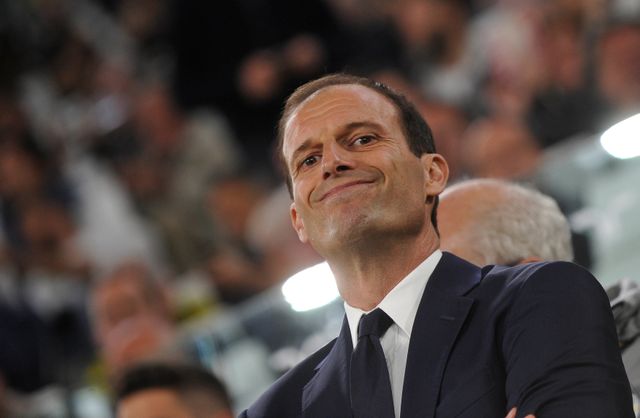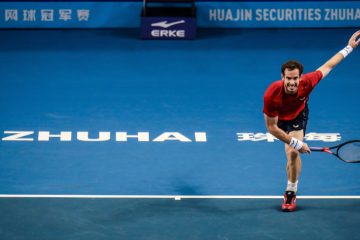The Tactical Genius of Massimiliano Allegri

Introduction
Massimiliano Allegri, the renowned Italian football manager, has made a significant impact on the world of football, particularly during his time at Juventus. Known for his tactical acumen and adaptability, Allegri’s coaching methods have not only shaped the teams he has led but also influenced modern football strategies. With a career spanning over a decade at the highest levels of European football, understanding Allegri’s approach is crucial for grasping the evolution of contemporary game tactics.
The Early Career of Allegri
Allegri’s journey in football management began in the lower divisions of Italian football, notably with teams like Aglianese and Sassuolo. His breakthrough came at AC Milan, where he led the team to a Serie A title in the 2010-11 season. His success with Milan highlighted his capacity to bring the best out of players while implementing a flexible tactical framework.
Allegri at Juventus
Returning to Juventus in 2014, Allegri further developed his reputation as one of the top managers in world football. His time at the club was marked by multiple Serie A titles and a memorable run to the UEFA Champions League final in 2015 and 2017. Allegri’s ability to alter formations and strategies mid-game has been critical to his success, allowing him to outwit opponents with ease. Under his management, Juventus adopted a tactically fluid system, seamlessly switching between defensive solidity and attacking flair, thereby maximizing the strengths of high-profile players like Cristiano Ronaldo and Paulo Dybala.
Allegri’s Tactical Innovations
Allegri is often praised for his tactical innovation, including the use of a 4-2-3-1 formation, which allows for quick transitions, or a 3-5-2 formation to reinforce midfield control during crucial matches. His emphasis on space management and player positioning has become a case study for aspiring coaches globally. Allegri’s players have often highlighted the collaborative environment he fosters, encouraging them to express themselves on the field while adhering to strategic directives.
Current Landscape and Future Prospects
As of 2023, Allegri continues to steer Juventus through various competitive challenges in both domestic and European tournaments. Analysts and fans alike are keen to see how his tactical philosophy evolves with the emergence of new football trends and challenges posed by other elite managers. Allegri’s adeptness at integrating youth talent alongside seasoned professionals suggests that he will remain a pivotal figure in football for the foreseeable future.
Conclusion
Massimiliano Allegri represents a bridge between traditional Italian defensive football and the dynamic attacking styles found in modern play. His commitment to tactical flexibility and player development remains highly relevant as football continues to evolve. For fans, players, and aspiring coaches, Allegri’s career serves as an enduring example of how thoughtful strategy and player management can lead to sustained success in the competitive arena of football.









